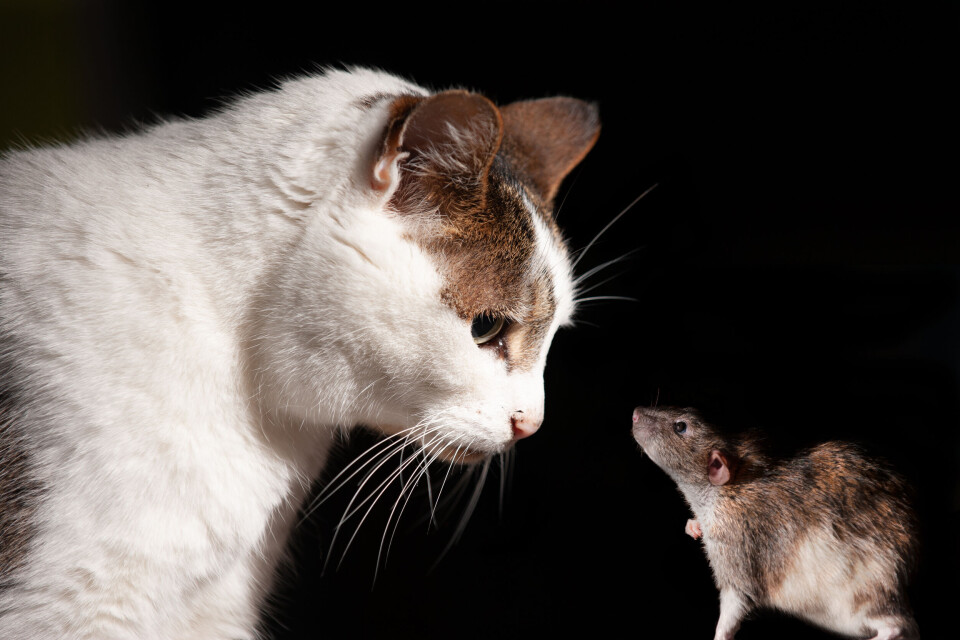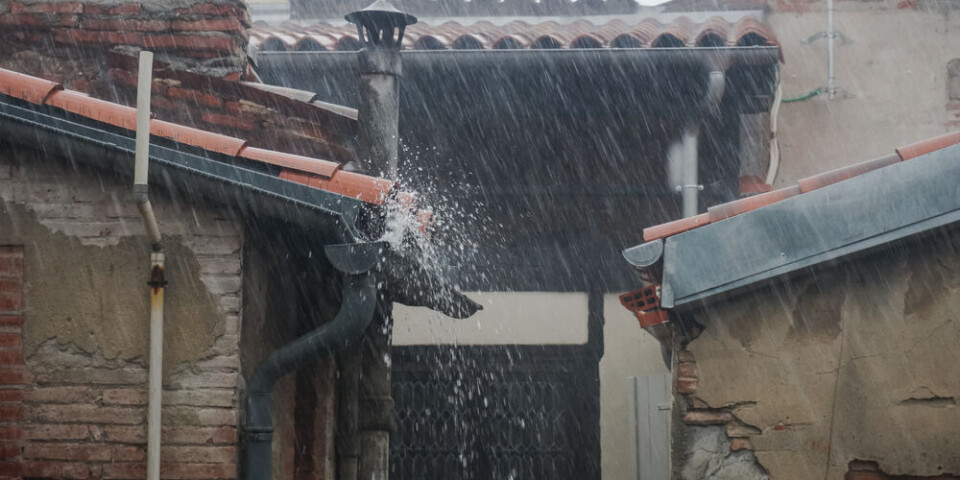-
Know your cheeses and their seasons: which to eat in France in February
Cow’s milk cheeses dominate as winter comes to an end
-
Films and series to watch in February to improve your French
Every month we outline good film and TV series to improve your language
-
Duck Cold! Four French phrases to use when it is freezing outside
France's current cold spell is set to continue for the next few days - we remind you of French expressions to use to describe the drop in temperature
A bon chat, bon rat: our French phrase of the week
Like a cat chasing a wily rat, we look at an expression used to describe two well-matched adversaries

As this year’s Tour de France draws to a close this week, we look at an expression which could describe the way riders might analyse each others’ strategies in order to find a way to outwit their competitors.
Read more: What’s coming up? The week ahead in France
The French phrase ‘à bon chat, bon rat’ (literally meaning ‘to a good cat, a good rat’), is used to describe how two adversaries work to improve their respective skills so as to beat the other.
It relates to the way that a cat will become more and more skillful at hunting rats, but that rats will in turn develop more effective ways of escaping cats.
The expression can therefore be employed to describe two opponents in any field who are a good match for each other.
‘A bon chat, bon rat’ can also be said as an equivalent to the English ‘two can play at that game’.
Another phrase which could describe the Tour de France racers this week is ‘être sur les rotules’ (literally: to be on one’s kneecaps), which translates less specifically in English as ‘to be on one’s knees’ or ‘to be on one’s last legs’.
The expression is used to refer to someone who is exhausted as the Tour de France cyclists no doubt are after three weeks of racing.
Related articles
English speakers in demand in France - MBA courses and job coach roles
Chacun voit midi à sa porte: our French phrase of the week
Préavis, piquet: Test out your French strike vocabulary
























